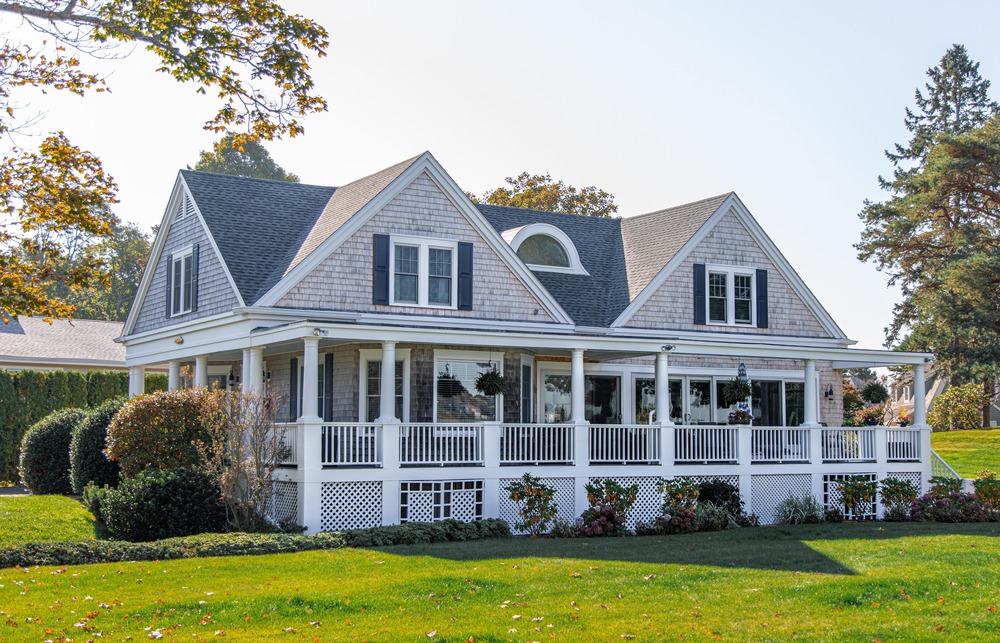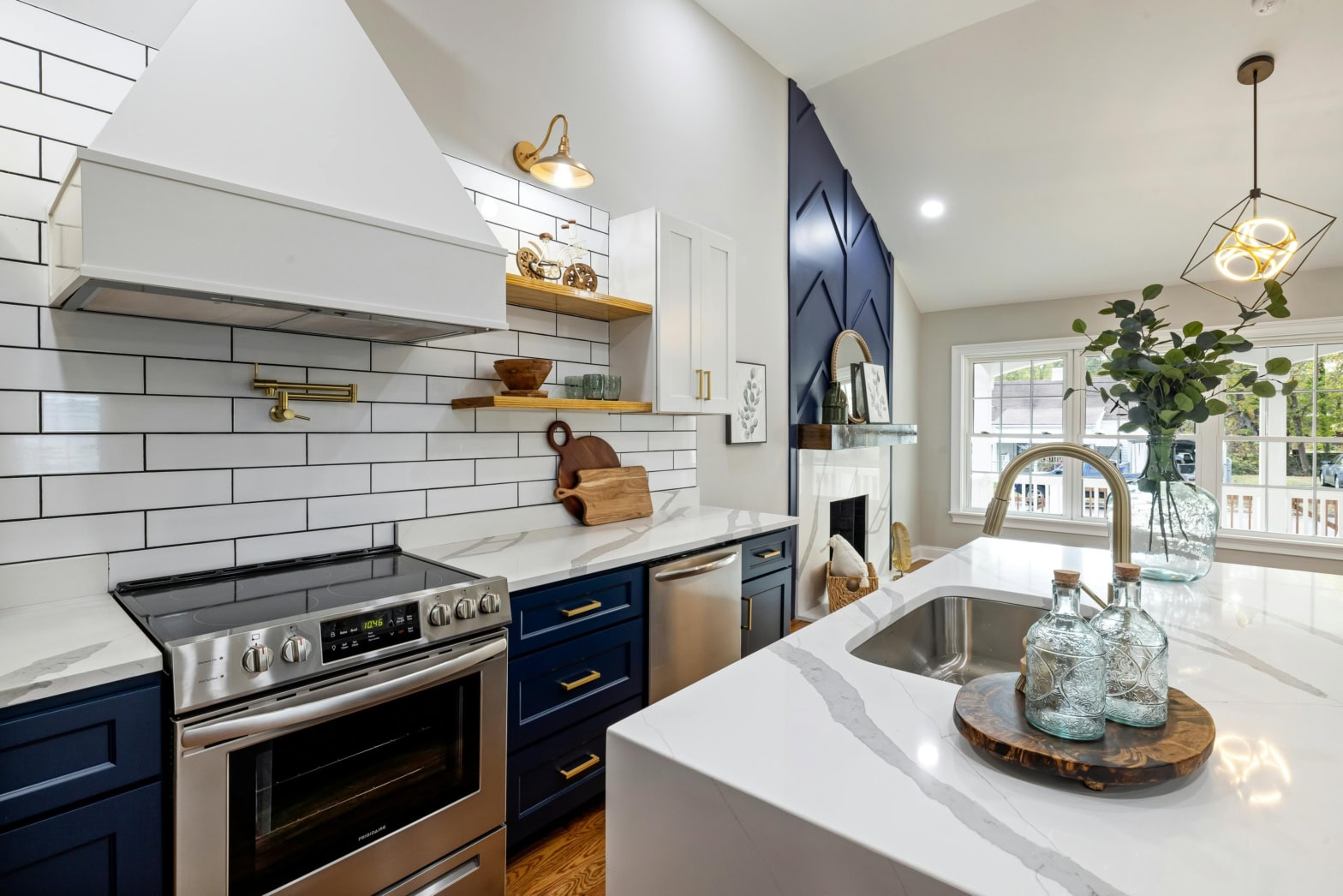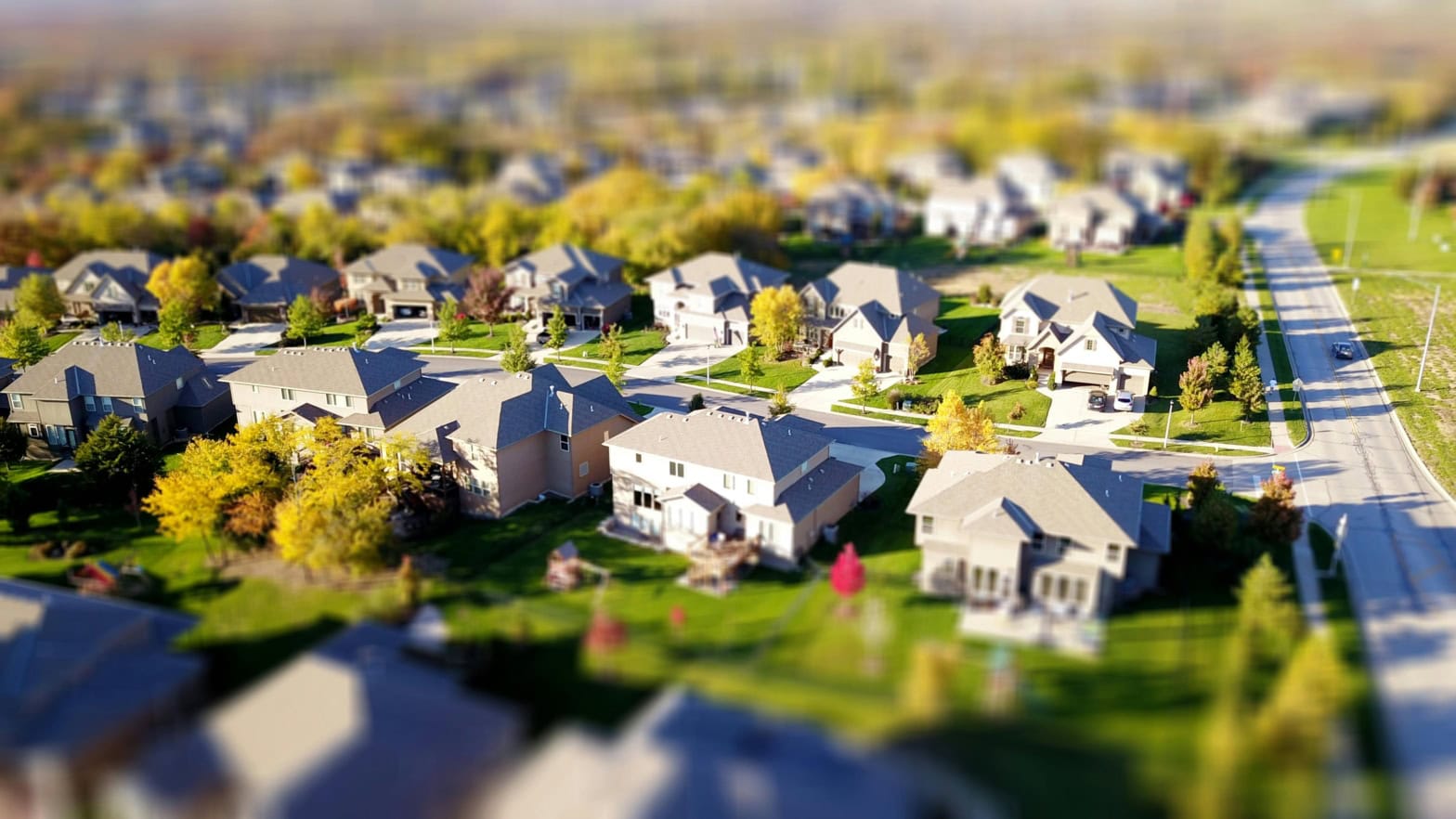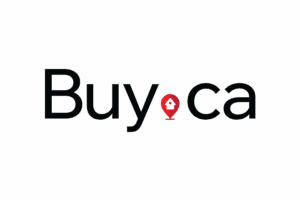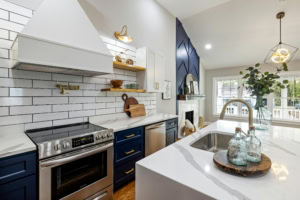Detached homes, condominiums, town-homes, semi-detached, multi-family units; there are so many different types of properties in Canada, as a home-buyer it can be overwhelming trying to make sense of them all. Whether you’re a first-time home buyer, or you’re buying an investment property, you’re probably interested in knowing the differences between these types of properties, and what kind of fees come with them. You might be familiar with condo fees, but what about other costs that come with homeownership like maintenance, association fees, and taxes?
Stats Canada has specific descriptions of each residential property type here, but for the purposes of this article let’s stick to the most common, as you’re probably not going to be buying a mobile home as a rental.
Homeownership fees
First of all let’s go over the types of fees involved in homeownership. Each of these categories doesn’t necessarily apply to all types of homes, while some, like property taxes, are universal.
- Property taxes: Property taxes are paid to the municipal government of the town or city your home is located in and are based on the value of your property. The amount you pay will vary depending on where you live and the assessed value of your home. The vast majority of Canadian homeowners will pay property taxes. A small minority will not pay property taxes if they live in an unincorporated township, which is a town with no elected officials or local government.
- Homeowners insurance: Homeowners insurance is a type of insurance that covers your home and belongings in case of damage or loss. This can include coverage for things like fire, theft, and natural disasters. The cost of homeowners insurance will vary depending on your home’s location, size, and value. If you have a mortgage, your lender will require you to have homeowners insurance.
- Maintenance and repairs: As a homeowner, you are responsible for maintaining and repairing your home. This can include things like replacing worn-out appliances, fixing leaks and other plumbing issues, and maintaining the exterior of the home if it is a detached home or townhouse. The cost of maintenance and repairs will vary depending on the age and condition of your home.
- Utilities: As a homeowner, you are responsible for paying for utilities, such as electricity, gas, water, and garbage disposal. The cost of utilities will vary depending on your usage and the rates in your area. If you are renting out your property, it is common to have the tenants pay for utilities themselves, for example electricity (also known as hydro in Ontario) and water. Some condominiums will have utilities covered in the condo fee, while others may have some or none of the utilities covered.
- Homeowners association (HOA) fees: If your home is part of a homeowners association (HOA), you may be required to pay HOA fees. These fees are used to cover the cost of maintaining common areas and amenities within the community, such as swimming pools, playgrounds, and community centers. The amount you pay will depend on the specific HOA and the amenities it offers. HOA fees are more common among town-homes and other properties which have shared communal areas but aren;t covered by a condo board.
- Condo fees (sometimes referred to as maintenance fees): If your property is a condo unit, you will most likely need to pay a monthly condo fee to the governing body of the building. The condo fee will cover things like maintenance, some or all utilities, renovations to the exterior of the building, and other fees associated with maintaining the condo building such as lawn mowing, snow shoveling, and more. Condo fees tend to go up over time as buildings age and require more maintenance. Some of the condo fee may also go towards a reserve fund to be used for repairs and renovations on the building.
- Appliance rental fees: More common with Ontario properties, you may have rental fees for things like a hot water tank, a furnace or air conditioning unit. When purchasing a property, the seller must disclose upfront any items that have rental fees and aren’t owned outright.
Now that we’ve covered the various types of fees involved in homeownership, let’s take a look at the different types of properties, and which fees each of them entails.
Detached Home

When you think of being a homeowner, the typical property that comes to mind is a standard detached home, which includes a standalone property not connected to other buildings or units, usually designed for a single family to live in.
When you purchase a detached home, you are buying the home, as well as the land it is built on. When it comes to renovations and building, detached homes have the most freedom for their owners. That doesn’t mean that you can tear down and rebuild whenever you want, however. You will still need to get permission from the municipal government for major renovations, and the land is subject to zoning laws. You can’t simply open a public facing business on residential property for one thing.
Detached homes will require you to pay property taxes, utilities, and potentially HOA fees depending on the neighborhood the home is located in. If you are the owner of a detached home, you will most likely want to purchase homeowners insurance to cover your home in the result of a disaster, and you will definitely want to set money aside to cover maintenance and repairs that will assuredly come up over time.
Townhouse / semi-detached

Townhouses, semi-detached, and row homes, all generally fall under the same category of a home, and will have similar characteristics. A townhouse under strict definition, is a row home meaning each unit is attached on either side to another, and typically has a tall narrow footprint. Like detached homes, when you purchase a semi-detached or row home, you have ownership of the land the home is built on, including the front and backyard. That doesn’t mean however that you can simply tear down your home and build a new one should you wish.
Row homes and town-houses most commonly must agree to a homeowners association that governs a specific area of homes. Any changes or renovations to the exterior of the home will have to be approved by this association.
Of course, this also means as a townhome owner you will need to pay HOA fees, as well as all of the other fees associated with homeownership.
Condo

According to Stats Canada “A “condominium apartment” refers to a set of living quarters that is owned individually, while land and common elements are held in joint ownership with others.”
A condo differs from a detached or a row/town home in that you are purchasing a unit inside of a building which is owned by another individual or organization. As such you will not need to maintain the exterior of the building, however you will need to pay a monthly condo fee which goes towards these purposes. Condo owners are still responsible for property taxes, some or all utilities, and insurance for the belongings inside of your unit. You will also need to pay for any renovations or maintenance on the interior of your unit, for example the floors, walls and windows. Condos are generally preferable for homeowners or landlords who want a hands-off approach to homeownership. In exchange for reduced freedom, you no longer have to take care of things like shoveling the driveway, mowing the lawn, and various other maintenance and upkeep activities that would come with owning a detached home.
To conclude, homeownership comes with a variety of additional expenses involved in the upkeep of your property. The exact amount you will pay for these fees will vary depending on your location, the value of your home, and your usage of utilities and amenities as well as the type of property. If you value owning your own land, the freedom to make large renovations, and don’t mind getting your hands dirty from time to time, then owning a detached or townhome may be the right choice for you. On the other hand if you don’t mind a smaller space, and prefer a more hands-off approach to home ownership then a condo might be more up your alley.
Regardless of your choice, you can track the value of your property, and access more insights like when to break your mortgage for optimal savings using Perch.
